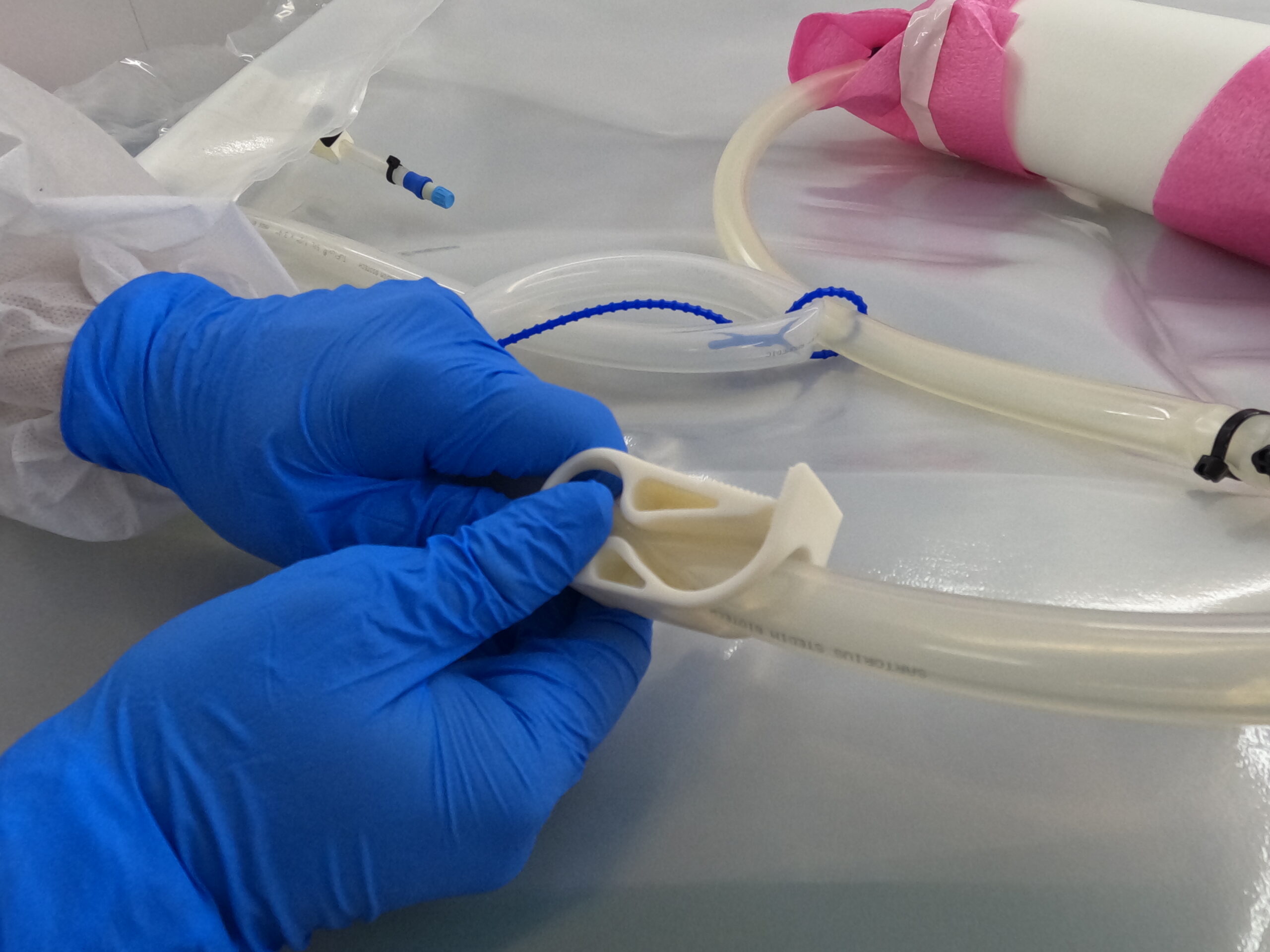posted by Phill Allen
January, 25th, 2016
Company News Pharmaceutical Industry News
More than 80 pharmaceutical companies have issued a joint declaration calling on governments and industry to unite in tackling antibiotic resistance.

The joint declaration, launched at the World Economic Forum in Davos, urges governments to “commit funding and support the development and implementation” of new and existing antibiotic models.
Signatories include GSK, Merck, Pfizer and Johnson & Johnson. The declaration comes amid repeated warnings that the world is on the brink of a “post-antibiotic era” in which untreatable infections are commonplace.
AstraZeneca chief executive, Pascal Soriot, described the declaration’s call for collaborative action on new commercial models as “timely”.
“Industry is ready to engage with governments to develop alternative market structures to enable the sustainable investment that is necessary if we are to overcome the formidable technical and scientific challenges of antibiotic discovery and development.”
And Redx Pharma Plc chief executive, Neil Murray, feared that the antibiotic “doomsday clock” was already ticking “with the effectiveness of antibiotics diminishing at an alarming rate”.
“New ways,” he added, “must be found to support innovation and drug discovery in this critical area.”
World Health Organization director general, Dr Margaret Chan, cautioned that antimicrobial resistance is “beyond the capacity of any organisation or country to manage or mitigate alone”.
“WHO and its member states have called for the development of new antimicrobial medicines and affordable access to them, in line with the global action plan on antimicrobial resistance.
“This declaration affirms that the challenges of antimicrobial resistance can be addressed only through collaboration and global collective action.”
Drug-resistant microbes are predicted to lead to the deaths of 10 million people a year by 2050, costing $100 trillion in lost economic output.
TAGS:
GSK, Merck, Pfizer, Pharmaceutical, Redx Pharma Plc, World Health Organization,
SHARE:
Author
Phill Allen
Managing Director
Phill is an innovative thinker particularly in fluid management. His expertise lies in ensuring the seamless flow of pharmaceutical liquid logistics, whether it's optimising current processes or pioneering new approaches.




